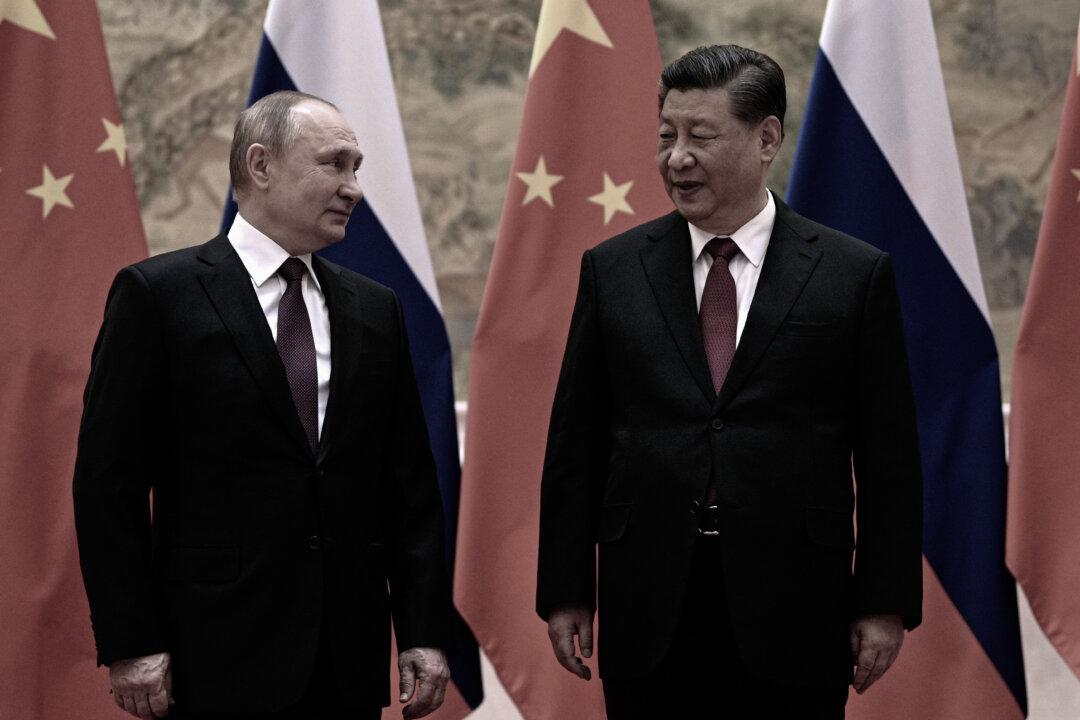China’s leader Xi Jinping met with Russian President Vladimir Putin in Beijing on the opening day of the Winter Olympics in a show of solidarity amid mounting pressures from the West.
Friday’s meeting also marks Xi’s first in-person meeting with his counterpart for nearly two years. The leader of the Chinese Communist Party hasn’t left the country since the onset of the pandemic in January 2020.




